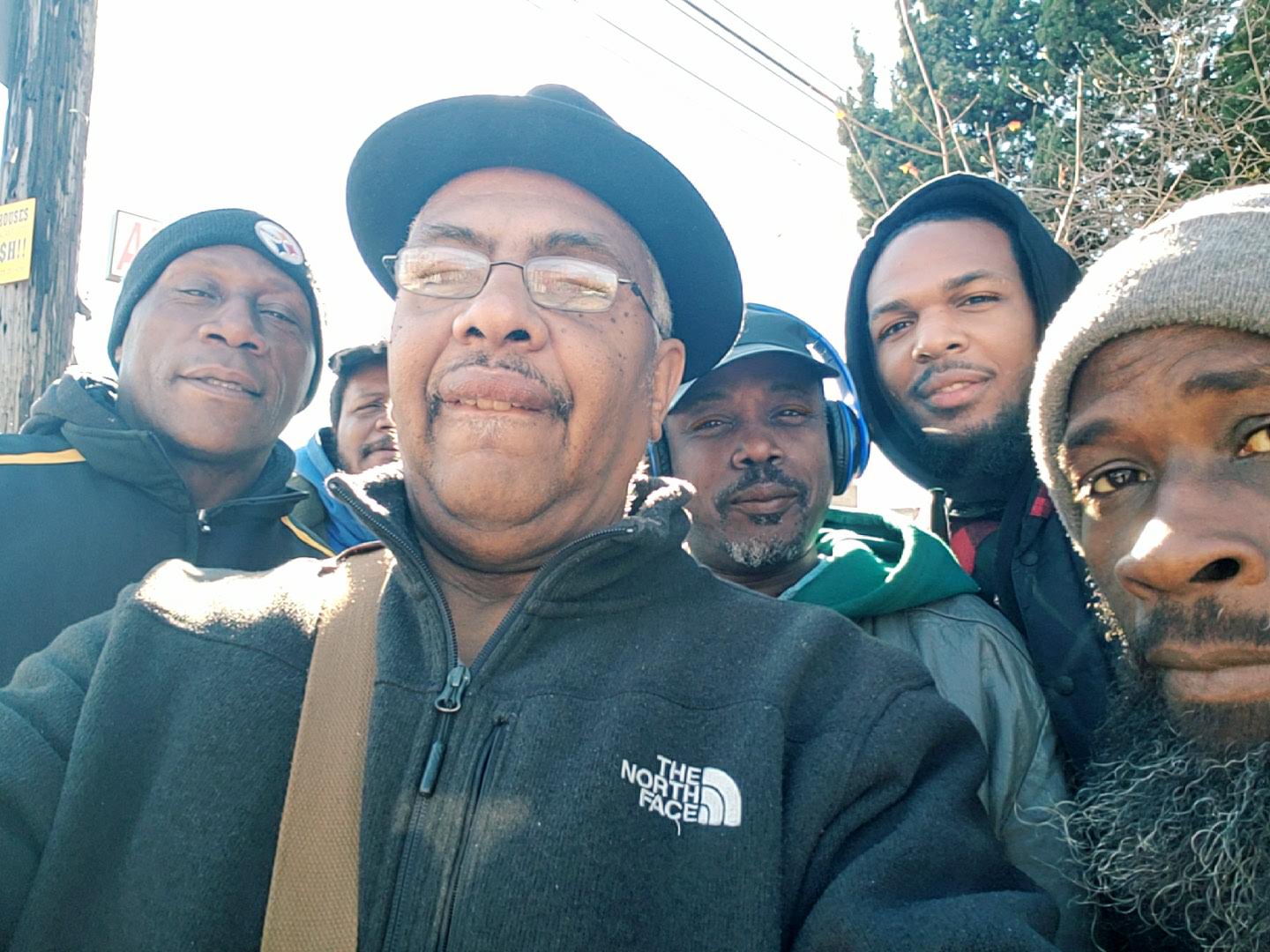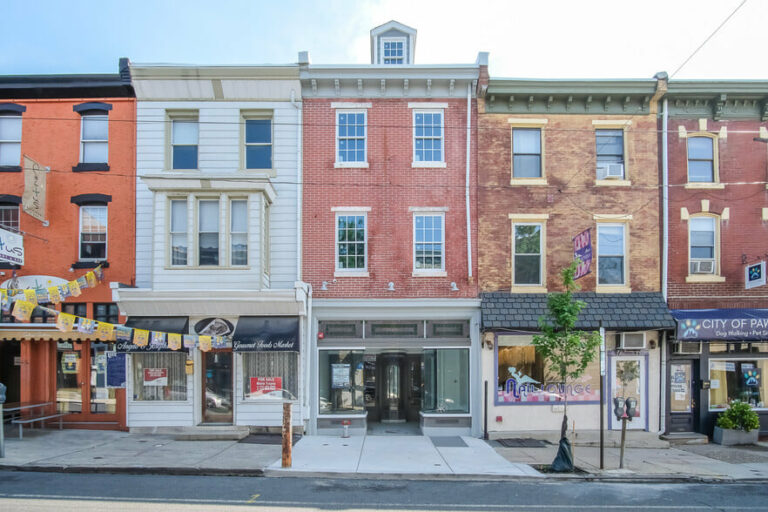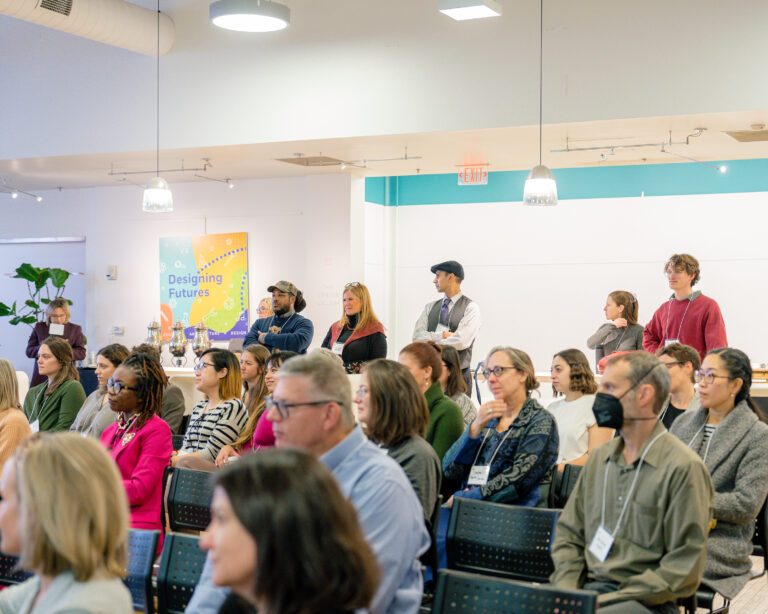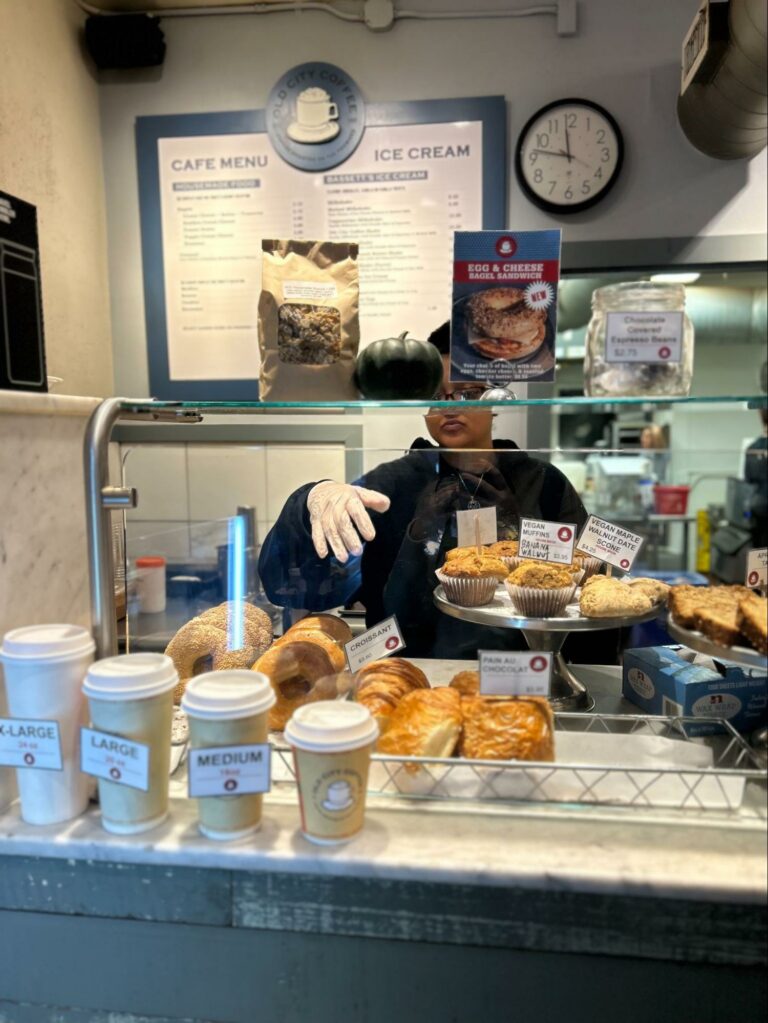Having access to a vehicle or public transportation is a determining factor for finding, getting to, and keeping a job.
Research shows that low-income residents in urban areas, especially those from marginalized backgrounds, have limited transportation options that can constrain them from getting to their jobs and succeeding in their careers. In a city like Philadelphia, with a persistent 26% poverty rate, now likely exacerbated by the coronavirus pandemic, inadequate transportation leaves a damning effect on our local economy.
It’s a narrative that Tim Styer, founder and CEO of Ride to Work LLC (RTW), hopes to change. Styer launched RTW in 2018 after retiring from ten years working for the Philadelphia Unemployment Project and prior to that his previous business, Urban Works, a Philadelphia-based employee-owned contract cleaning company. RTW’s mission is to provide transportation management services to companies and organizations that employ those who have difficulty getting to and holding jobs. He works on behalf of low-income and vulnerable workers, specifically returning citizens.
A lifelong business and community leader committed to working for marginalized communities, he’s also a founding member of SBN, joining in 2001.
We caught up with Styer to find out more about RTW, his company’s goals, how he’s managed operations during the pandemic, his experiences being an early member of SBN, and his vision for the future of triple-bottom-line business in the area. Read below!
What inspired you to start Ride to Work LLC?
I launched RTW to provide a solution to a long-standing problem: Getting people from marginalized communities that don’t have driver’s licenses to good-paying jobs in areas that are not accessible by public transportation.
Year after year, data shows that transportation is the number one barrier facing low-income people in attaining good jobs. It’s a more salient point considering that job growth is much higher in areas outside of Philadelphia and most urban areas in the country.
Can you share with us a little more about the services and resources that Ride to Work LLC provides?
We facilitate transportation services for workforce development agencies, employers, and employees through third-party transportation providers. We also support nonprofit organizations that require transportation services for their job development programs.

How has Ride to Work LLC maintained operations during the pandemic? Did you do any pivots?
We’ve maintained a skeleton of our operations, though we had to pivot to a more consultative company early on. Though the need for transportation had increased since the start of the pandemic, many nonprofit organizations couldn’t afford transportation services for their clients, and employers were unwilling to foot the bill. My team and I saw the critical need for folks, some of whom are frontline workers, to get safely to and from their jobs. At the same time, we heard that supply chain warehouse jobs such as Amazon were going unfilled. So, we convened thought leaders in the transportation industry and leaders from local nonprofit organizations to help us craft a solution that would be a win for everyone involved, including state and local governments. We launched the Ride To Work Initiative last June with the hope to secure $3 million to subsidize transportation for up to 1000 workers.
What have you learned in your business during this period of change, uprising, and COVID?
It’s something that I particularly learned in my earlier business: You can never predict what the market will bring you. Despite all of our planning and modeling, things happen and often out of nowhere. The real test of being an entrepreneur is the ability to keep standing and moving amid the storm. It would help if you also built partnerships. In times like these, you can’t go it alone.
As an early SBN member, can you share about the early days of SBN and what prompted you to join? Can you share the benefits of being a member and how has SBN helped you in your business?
Through the amazing Judy Wicks! She was one of my company’s first customers, Urban Works, through the White Dog Cafe. At the time, I operated an employee-owned contract cleaning company, and we had a contract with Judy and the White Dog Cafe. Since Urban Works was a double bottom line company, Judy asked if I would be part of the planning for SBN. It was a unique opportunity in the sense that I got to know and work with like-minded business owners who shared a common vision and cared about people and the planet before profit.
There are many benefits to being an SBN member, but two stick out to me. First, networking with other companies with a shared culture. Second, being a member reflects my values, and that’s a statement I want to make to the business community.
As a Black-owned triple-bottom-line business, do you have any suggestions on how the business community can better support other Black-owned triple bottom line businesses?
Overall, the general business community needs to understand how important triple-bottom-line companies are to our local economy. We care about our communities, our workers, and the environment equally. With that said, the general business community can better support us by partnering with us on contracts, etc., and getting more involved with us.
Can you share an experience that solidified your commitment to triple bottom line principles of people, planet and profit?
The idea of a triple-bottom-line enterprise fits well with my values and beliefs of how businesses should operate. My first company was a cooperative based on the Mondragon economic system, which operates under the values of participation, innovation, social responsibility, and cooperation. Many facets of triple bottom line practices are similar to the Mondragon system.
What’s your vision for local independent businesses in Greater Philadelphia?
I believe that businesses need to benefit their community, not just their owners or shareholders. They need to have a positive impact on the inequitable economic conditions in their communities.
What inspires you to do the work that you do?
I find it truly inspiring whenever I see the positive impact that my company has on folks, especially low-income Black and Brown people and returning citizens, who care about their jobs and getting to work in a safe and timely manner.
To up-and-coming local independent businesses, what is one piece of advice you would give them?
First, you have to think through your plans. It’s always great to consult and network with others, especially with organizations like SBN, that will help you achieve your business goals. Second, it’s important to understand your finances. Figure out what your margins are and how you plan to achieve them. Lastly, make sure you have access to some capital. All companies need working capital at some point, and if things go smoothly, that point will come sooner than later.
Discover more Black-owned businesses in the SBN network, including Grant Blvd and others by clicking here.
To learn more SBN membership, including how we provide businesses in Greater Philadelphia with relevant content, meaningful community, and effective advocacy, please click here.




